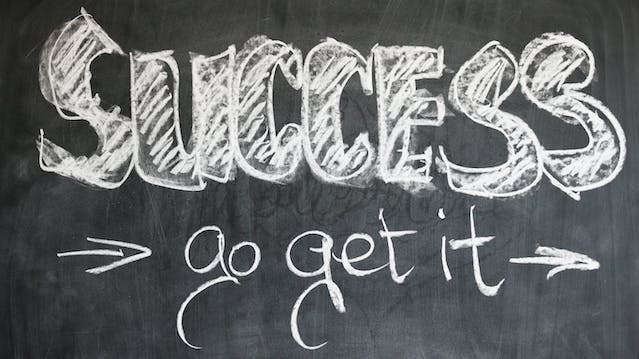
Introduction
Being a student can be both exciting and challenging. It is a journey filled with opportunities for growth and learning. However, to make the most out of this experience, students need guidance and strategies to succeed academically and personally.
In this ultimate student guide to success, you will explore various aspects that contribute to a successful student life. From effective study techniques to time management skills, this comprehensive guide will provide valuable insights into becoming a successful student.
Setting Goals for Academic Success
Goal setting plays a pivotal role in achieving academic success. Students who set clear goals are more likely to stay motivated and focused on their studies. Start by identifying specific objectives for each semester or academic year. Break down these goals into smaller, actionable steps that can be easily accomplished.
To achieve academic success, it is essential to develop good study habits. This includes creating a designated study space, adopting effective note-taking techniques, and utilizing resources such as textbooks, online materials, and tutor support.
Time Management Techniques
Time management is crucial for students juggling multiple responsibilities such as coursework, extracurricular activities, and part-time jobs. Learn how to prioritize tasks by creating a daily or weekly schedule. Make use of tools like planners or digital calendars to stay organized.
Avoid procrastination by breaking tasks into smaller manageable chunks and setting deadlines for each stage of completion. By managing time effectively, students can reduce stress levels and ensure better productivity.
Effective Communication Skills
Developing effective communication skills can greatly contribute to success in both academic and personal life. Active listening, clear articulation, and respectful interaction are key aspects of effective communication. These skills can be honed through practice and by seeking feedback from professors, classmates, or mentors.
Moreover, participating in group projects, joining clubs or organizations, and engaging in discussions can provide opportunities to enhance communication skills while building valuable connections.
Maintaining a Healthy Work-Life Balance
While excelling academically is important, it is equally crucial to maintain a healthy work-life balance. Balancing academic commitments with personal interests and social activities can prevent burnout and contribute to overall well-being.
Allocate time for hobbies, exercise, relaxation, and socializing with friends. It is essential to listen to your mind and body’s needs to avoid feeling overwhelmed by academic pressure.
FAQ
1. How can I become more productive as a student?
To become more productive as a student:
- Create a schedule or to-do list
- Eliminate distractions during study time
- Break tasks into smaller manageable chunks
- Set specific goals
- Prioritize tasks based on importance and deadlines
2. How can I improve my grades?
To improve your grades:
- Develop effective study habits
- Attend classes regularly and actively participate
- Seek help from professors or tutors when needed
- Create a study schedule and stick to it consistently
- Review material regularly and seek clarification on challenging concepts
3. How can I manage stress as a student?
To manage stress as a student:
- Practice relaxation techniques such as deep breathing or meditation
- Engage in physical exercise regularly
- Take breaks to rest and rejuvenate
- Talk to someone about your concerns or seek professional help if needed
- Prioritize self-care and maintain a healthy work-life balance












